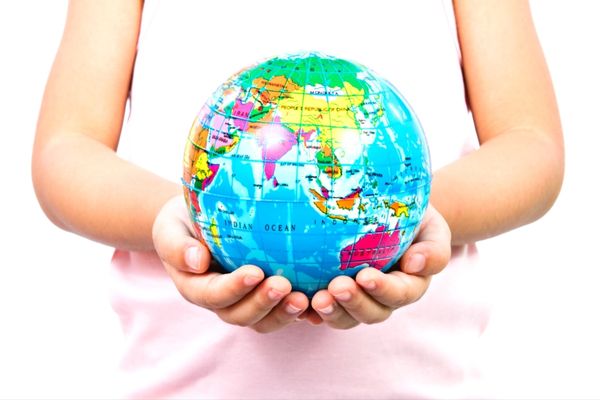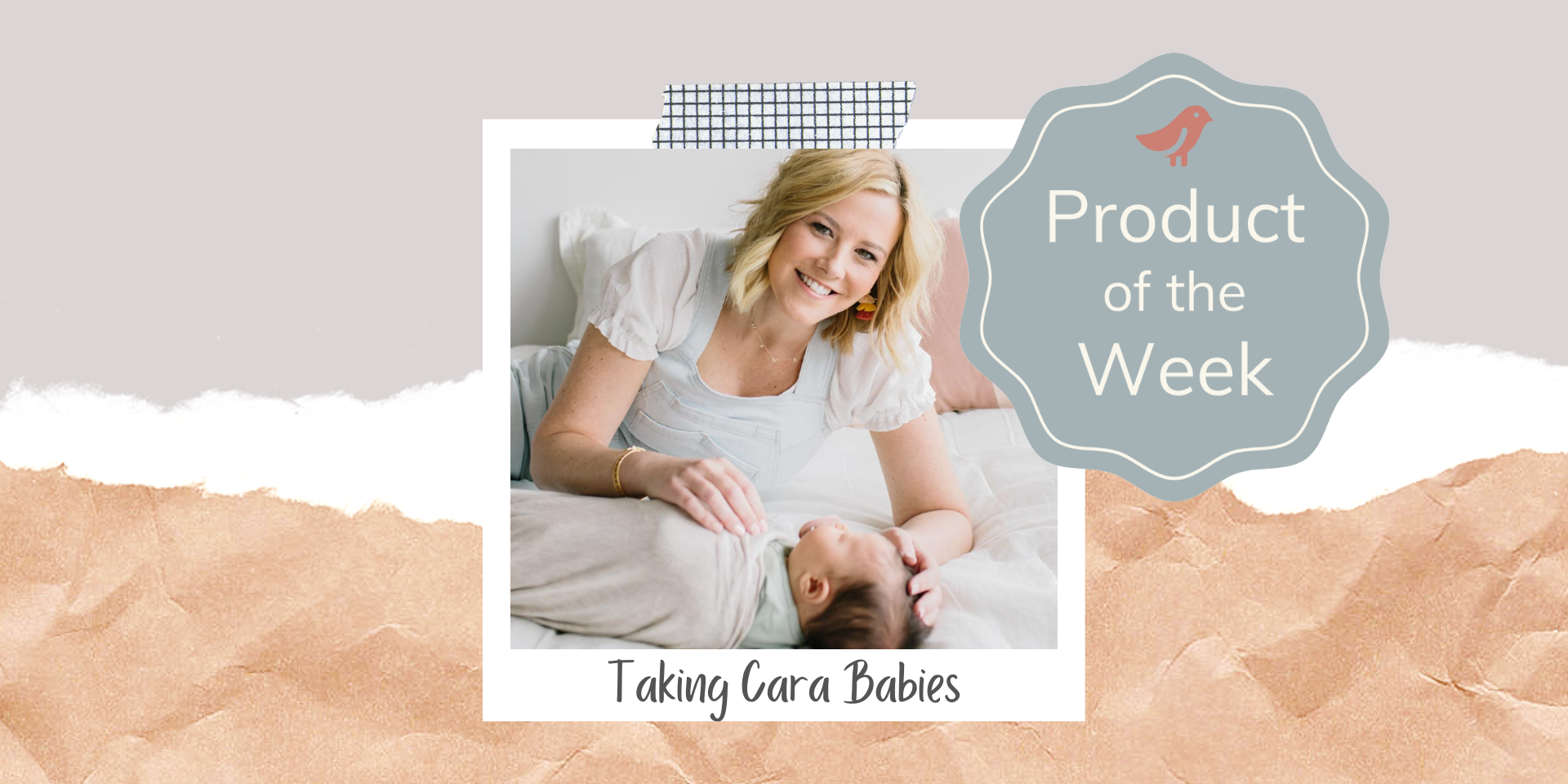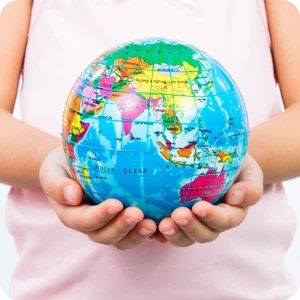 Are our kids happy?
Are our kids happy?
We would like to believe they are.
But as we really think about this question, the cracks become obvious. Data doesn’t lie, either – and it doesn’t paint a pretty picture.
UNICEF’s 16th Innocenti Report Card attempts to offer an understanding of what shapes a child’s well-being in EU and OECD countries. It includes data gathered prior to the COVID-19 pandemic, but even before this global crisis, children’s daily lives fell short of a ‘good childhood’.
According to the report, Malta ranks 34th out of 38 countries in terms of overall child well being. It ranks even lower when it comes to educational and social skills: 35th place, only beating Chile, Bulgaria and Slovakia.
We all want the best for our kids, but while we can control and have a say in our home environment (to an extent), the same cannot be said for what happens outside our doors. And that world – the environment that our kids are growing in – leaves much to be desired.
Life Skills and Education
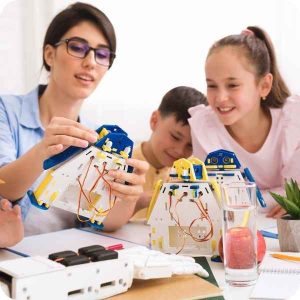 ‘Rote Learning’ is the memorisation of information based on repetition. It’s also an often highly ineffective way of learning. Yet, our educational system is highly reliant on it. While it’s a quick way to recall basic facts and develops a degree of foundational knowledge, it doesn’t allow for a deeper understanding of the subject or the ability to question.
‘Rote Learning’ is the memorisation of information based on repetition. It’s also an often highly ineffective way of learning. Yet, our educational system is highly reliant on it. While it’s a quick way to recall basic facts and develops a degree of foundational knowledge, it doesn’t allow for a deeper understanding of the subject or the ability to question.
What is the use of getting a 90% in an exam, if our kids lack the ability to think for themselves, to question, to present arguments?
We’re basically silencing our kids the minute they find their voice.
The cracks in our education system only become visible once our children become young adults. Studying at a foreign university is often a baptism of fire into critical thinking. As a population, we don’t (and are often afraid) to question. When we argue, we fight, and all respect flies out the window. This makes us and our children more susceptible to inadequate governments and ineffective democracy.
And in all of this, teachers need attention, too. Our teachers need to feel valued, because they ARE an integral part of our children’s lives. Teachers who think outside the box, who help our kids grow, should be supported. It’s painful to hear a dedicated teacher calling it quits because her efforts were deemed a threat to others.
The Environment
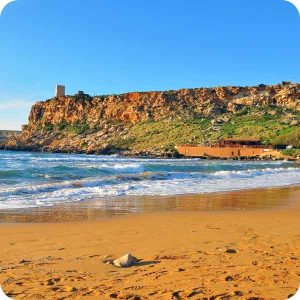 Where to start?
Where to start?
Malta’s Planning Authority issues 12,000 permits every year. That’s over 32 permits every single day – in the world’s tenth smallest country.
We should congratulate ourselves: we’re well on track towards the uglification of our towns and villages. Where are we headed to? What is our vision, our end goal?
Is it for our child to have a tiny flat to live in once they’re old enough? With 360 degree neighbours, equally living in blocks of concrete without natural light or a tree in sight?
We’re not far from that, if we all pull down our grandparents’ houses or sell them to contractors who really don’t give a damn about the long-term.
What if we truly invest in our children instead? The monetary rewards may be less, but when did we reduce ourselves to just money?
Parks, picnic areas, camping sites, sustainable outdoor water parks, adequate sports facilities, hands on farming, playgrounds that actually have trees and space where our kids can safely run, explore and be – well, kids.
Us parents are lucky enough that we got to experience free outdoor play – I think we can safely say we were the last Maltese generation to do so. The only time our kids play outdoors is in structured activities that don’t allow them to freely explore, discover, and socialise.
And Malta is not the only victim of rampant construction. Gozo, too, is headed towards a similar fate. We spoke to the new NGO Għawdix, an organization run by youth, working tirelessly to save what’s left. As they note:
Did we – the generation of kids who grew up in 80s and 90s Gozo – suffer from a lack of connection with nature? Probably not. Most of us had access to a family garden, fields tended by nannu or a friendly neighbour, or valleys buzzing with insects just a short walk (or run) from our homes. We played football barefoot in the village streets and lingered on beaches until the last sunny moments of our summer days.
Can today’s children claim the same? Do they sense the air around them getting thicker with exhaust fumes and construction dust? Would they even believe that their parents once built sandcastles at Xlendi Bay? We are building concrete apartments where fruit trees once grew. We are not creating public green spaces to compensate for this. Gozo is becoming louder, drier, and thirstier.”
As they rightly conclude, “This is not the home our children deserve”.
Ignoring the environment means we’re also ignoring our children’s overall health. Data from 2011 shows that we have the highest rate of people suffering from asthma in the Mediterranean and the EU. Speaking to MaltaToday a few years back, Superintendent of Public Health Charmaine Gauci said asthma was the most common chronic disease amongst children, and the most common cause for children missing school.
Added to this, a 2019 study found that 40% of school-aged children in Malta are overweight or obese – based on our children’s daily activities, we can safely assume that a lack of physical activity is a determining factor.
When we reclaim land and trees in favour of commercial and residential blocks and all the complementary infrastructure these require, we’re eating away at our kids’ future.
Family friendly policies
 They’re good on paper, but leave much to be desired in practice. And when it comes to paternity leave, it’s horrible on paper and in practice.
They’re good on paper, but leave much to be desired in practice. And when it comes to paternity leave, it’s horrible on paper and in practice.
Most employees can apply for reduced hours, flexitime, telework, parental leave and a career break, but the emphasis is on ‘most’ and ‘can apply’. In roles that allow for these incentives, there’s no such thing as a ‘right’.
And some of these superiors simply do not believe in the effectiveness of these measures.
As a social professional told us, “the granting of most family-friendly measures is at the discretion of the management, and they are looked down upon”. Many simply do not believe in their effectiveness “Applying for these measures is interpreted as not really caring about your job – so many are hesitant to apply”, he adds. “Truth is, family-friendly measures are there to add some flair to policies, like a chandelier in a fancy living room. They are beautiful and can be very useful, but people are rarely allowed to make full use of them.”
Yet, research shows that implementing and expanding family-friendly policies related to the workplace contributes to a ‘strong foundation for children and for society as a whole’.
In its latest Innocenti Report Card, UNICEF recommends that governments connect policies and improve children’s well-being through an integrated approach:
“Conditions at different levels of a child’s world interact to influence their well-being. Employment regulation is a good example. Children’s personal happiness is linked to family relationships. Yet parents who work long hours struggle to find a balance between work and family. Employment policy connects with child well-being, a fact that millions of families in high-income countries can attest to. To be effective and efficient, child well-being interventions need an integrated approach that recognizes how policy actions at one level will influence another.”
As the pandemic becomes more manageable, many parents who worked from home at the height of it are being requested to return to their offices. The question is: who is this benefitting? These decisions are not based on individual performance while working from home; rather it’s a blanket ‘policy’ (if there is even one), because of the idea that you can only be productive in an office, from 07.30 to 17.15.
At a global level, more and more people are leaving their jobs. A post-pandemic “great resignation” is underway, as millions reassess their relationship to their job. If anything, the pandemic showed us what really matters, tilting the scale towards our families. Employers should seriously factor this in in their decision-making – not only do they risk losing real talent, but their decisions impact families.
The COVID Effect
Who knows what the next Innocenti report will reveal?
Should we expect a bleak picture? Could it be that maybe, just maybe, the fact that adults played bingo with school start dates in September 2020 affected Maltese kids and their families? Could it be that schools’ lack of preparation for online learning (after the ‘lessons learned’ in March), left a permanent mark on their education? Do we even care about the 5 year olds left home alone for online learning, because it was either that or no food on the table? Or the siblings sharing one mobile phone for their 6-hour school days? The immunocompromised children cut off from their entire world?
But then maybe the kids with the parents working from home report that they’re happier. They could finally have mum and dad close by – there was no need to wake up insanely early because traffic is always bad. They might have missed afternoons at grandma, but it was fun working on puzzles and helping daddy cook.
And children in hospitals finally had a chance at an education – but will it last beyond the pandemic?
And the long walks in nature – although the choice was rather limited and the builders (read, contractors), never stopped building.
Who knows how our children will look back on this time? What will they think of their world, the world around them, and the world at large?
Josmar Azzopardi is Xaghra Scout Group’s Group Scout Leader. He’s been with the group since 2008 and has met and guided many children along the way.
In scouting we believe that one shall seek to understand and connect with themselves, the society around them and their surroundings. Over the past months, we observed that young people’s development has been stunned. Social connections have dissolved due to the pandemic and our natural surroundings jarred by construction and limited green spaces.
As a rural scout group, we must ensure that we continue to provide opportunities for the holistic development of our young people. Society, organisations, employers and politicians must work together to surpass our current challenges, and make difficult decisions where needed, so as to provide a real and concrete chance for our young people to flourish.”
Listen
Malta, it’s high time we listened to our kids – and prioritised them. Their experience of childhood is determined by many factors, but it’s also a fact that social, educational, economic and environmental contexts (and the policies managing these) play a big role.
They’ll be here after we’re gone, we owe them a voice in matters that will affect them, more than us. We need to act, before it’s all too late.
We hope you loved reading this.
